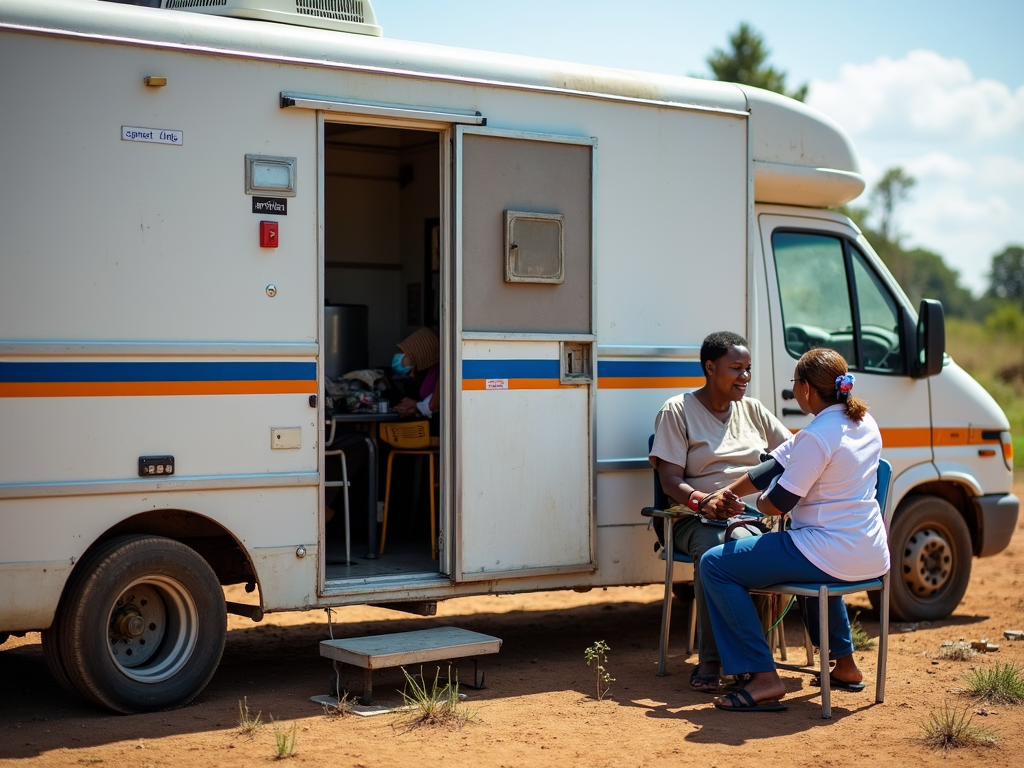Health isn’t just about doctor visits or genetics—it’s shaped by everyday life. Social determinants of health, like where you live or how much you earn, play a huge role. This article takes a deep dive into these factors, showing their impact and how we can work toward health equity.

What Shapes Our Health?
Social determinants of health are the conditions we’re born into and live with every day. They’re not about medicine but about life itself. Here’s what they include:
- Income: More money often means better health.
- Education: Learning more helps you make smarter health choices.
- Environment: Clean air and safe homes matter.
- Support: Friends and family boost well-being.
- Healthcare: Getting care when you need it is key.
These factors can lift you up or hold you back. Imagine living where fresh food is hard to find—it’s tougher to stay healthy. That’s the reality for many, and it shows why this topic matters.

How Money and Schooling Affect Us
Income and education are big players in health. People with higher pay can buy better food and see doctors more often. Education teaches you things like why smoking’s bad or how to cook healthy meals.
- A report says low-income folks might live 15 years less than the wealthy.
- People with more schooling tend to avoid diseases like diabetes.
I’ve seen this firsthand. Growing up, my neighbor couldn’t afford regular checkups. Small problems turned big because of it. It’s not fair, but it’s common. Fixing this means better jobs and schools for everyone.

Where You Live Changes Everything
Your surroundings—your house, your street, your town—shape your health too. Bad housing can make you sick with mold or pests. No bus nearby? Getting to a doctor gets tricky. Parks and playgrounds? They help you move more and stress less.
Think about a city with no sidewalks versus one with bike paths everywhere. One makes exercise easy; the other doesn’t. Communities can change this with smart planning—like adding green spaces or fixing up homes.

Friends and Family Keep Us Going
Having people around you who care makes a difference. A strong support network—like friends who check in or family who help out—can lower stress and even help you live longer. Lonely folks often face more health troubles.
I remember when my aunt rallied our family to cook healthy meals together after her diagnosis. That support kept her spirits up and her health on track. It’s simple but powerful.

Access to Care: The Big Hurdle
Getting healthcare when you need it shouldn’t be a luxury. But for many, it is. No insurance, far-off clinics, or high costs stop people from seeing doctors. This is where access to care becomes a game-changer.
In my town, I’ve met folks who skip checkups because the nearest doctor is an hour away. It’s not laziness—it’s life getting in the way. We need solutions that bring care closer.

The Role of Community Health Workers
Community health workers are everyday heroes. They live where they work, know the people, and help in ways big systems can’t. They:
- Connect folks to doctors or food programs.
- Teach simple health tips, like handwashing or exercise.
- Speak up for what their neighborhoods need.
I’ve watched a health worker help a shy neighbor sign up for free screenings. That one step caught a problem early. These workers bridge gaps and build trust—it’s amazing to see.

Steps We Can Take for Health Equity
Health equity means everyone gets a fair shot at being healthy. It’s a big goal, but we can start with these steps:
- Better Policies: Raise wages or build affordable homes.
- Teach More: Share health info in schools and towns.
- Listen Up: Let communities say what they need.
- Open Doors: Make healthcare cheap and close by.
Small changes add up. A local program I saw handed out free bus passes for doctor visits. People used them, and health improved. It’s proof we can do this.

Wrapping It Up
Social determinants of health touch every part of life—money, schools, homes, friends, and care. They can lift us up or pull us down. By tackling them, we move toward health equity, where everyone thrives. Community health workers, smart policies, and local action all play a part. Together, we can make health fair for all.
Discuss Here